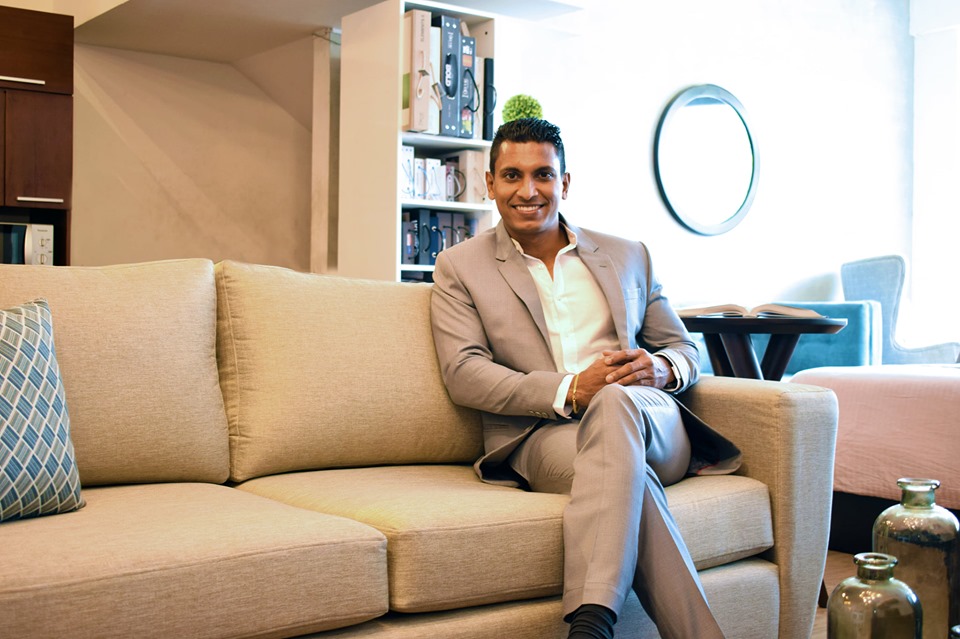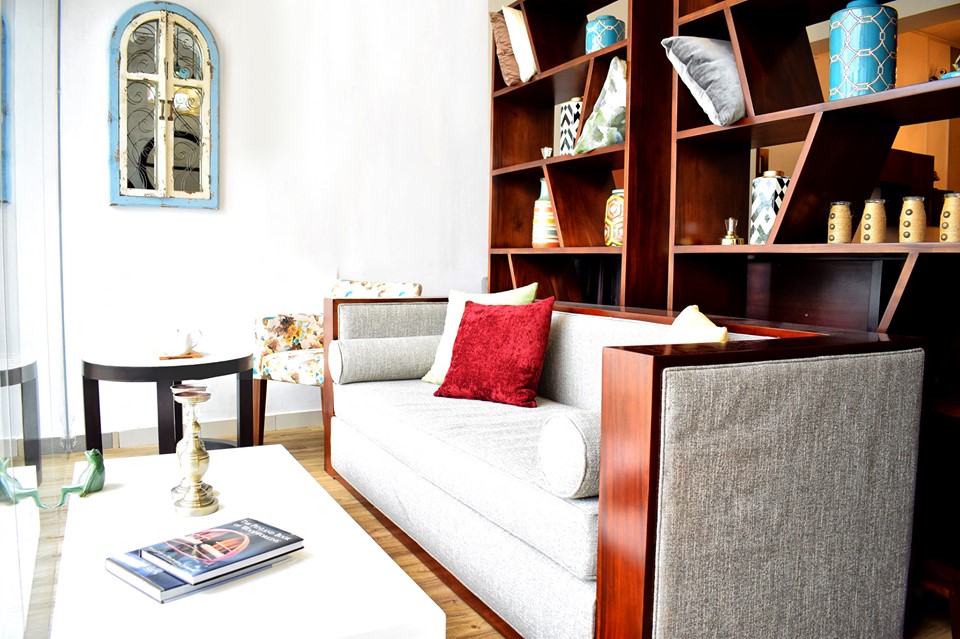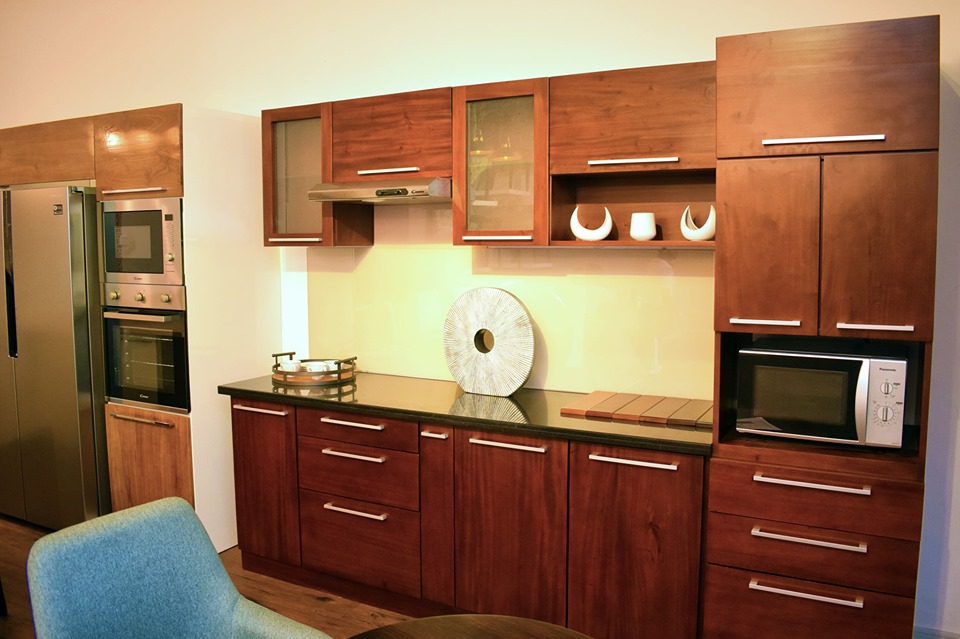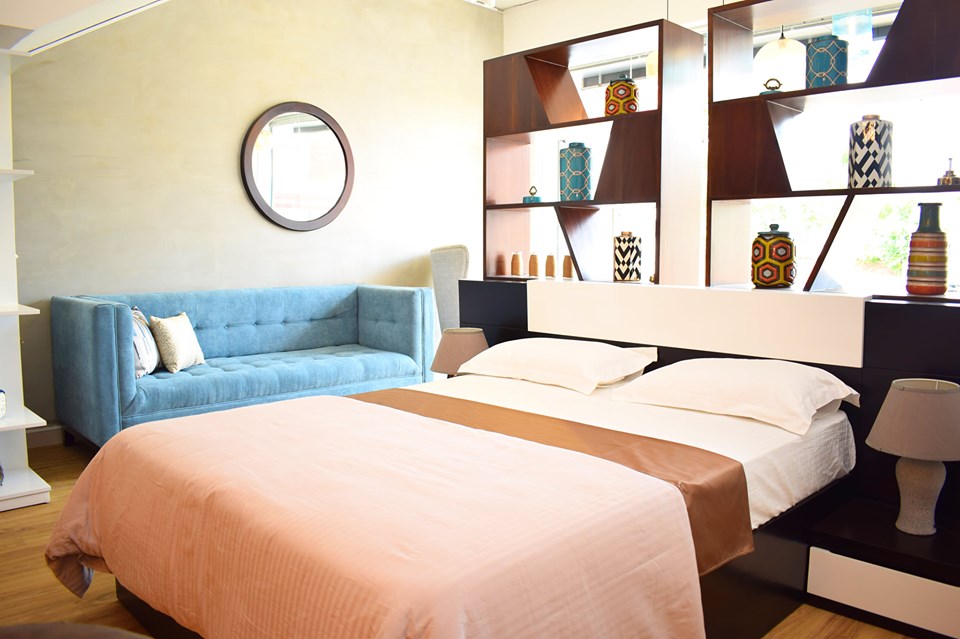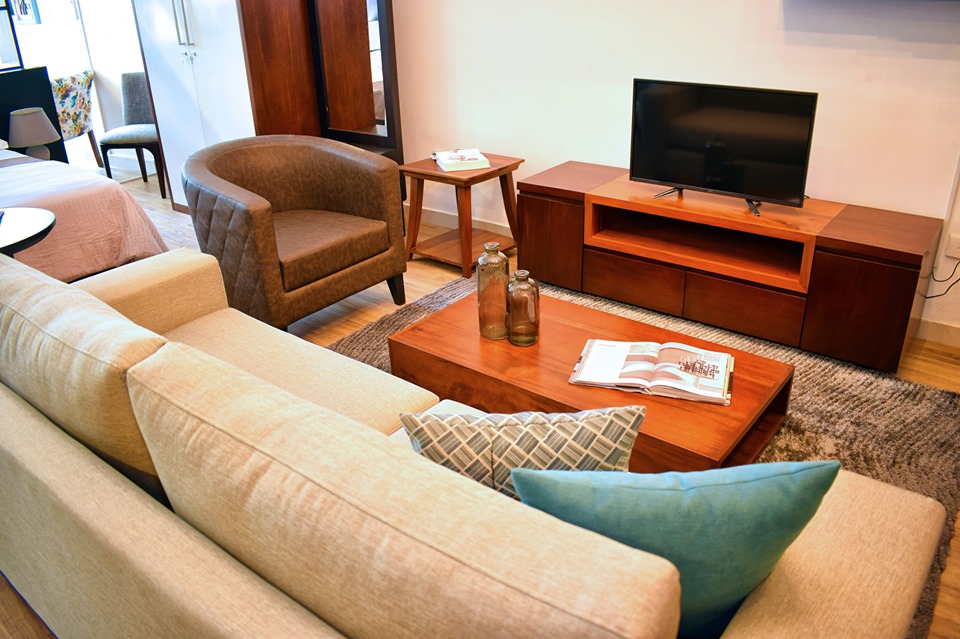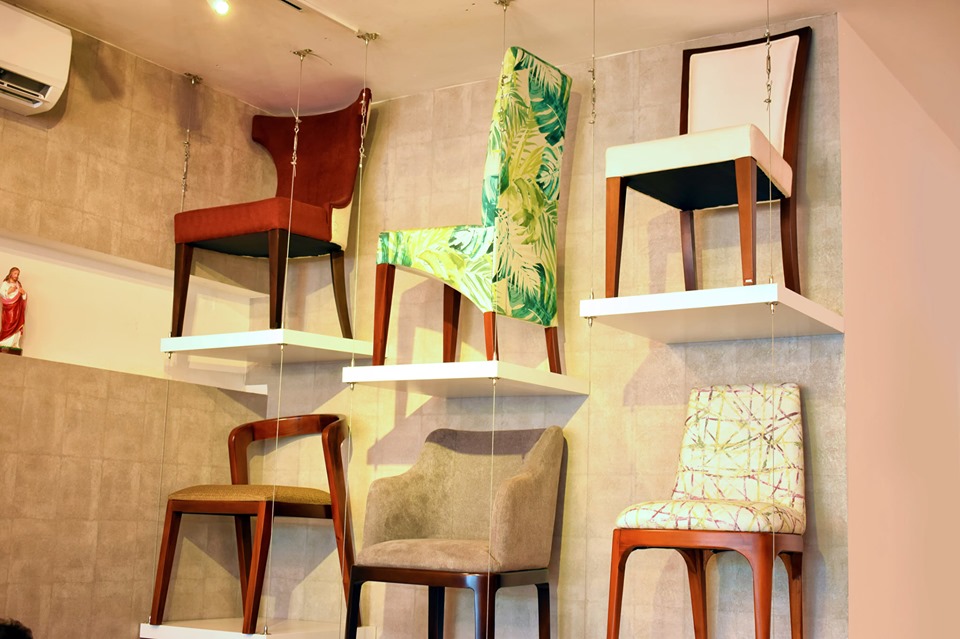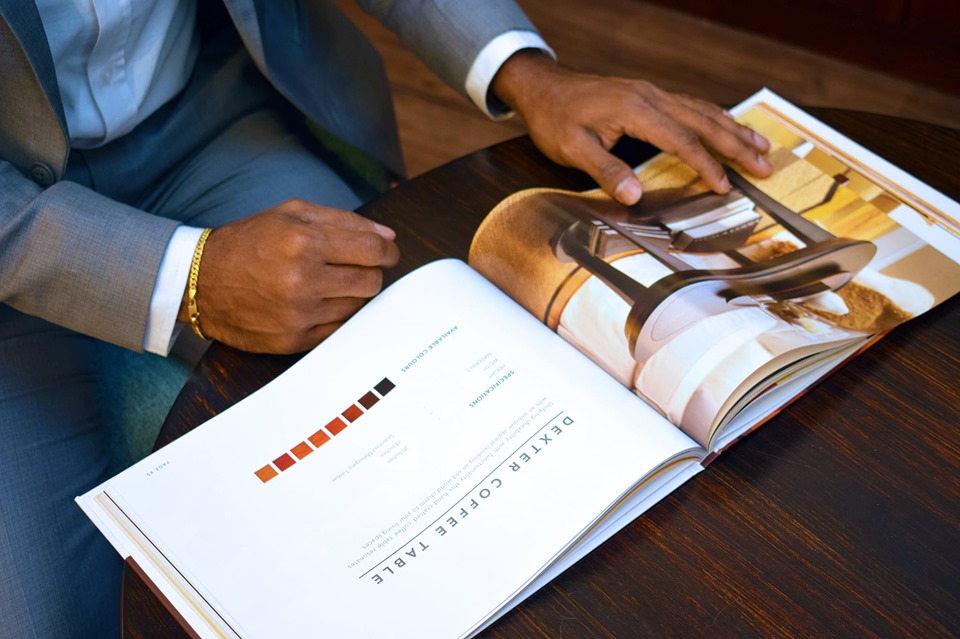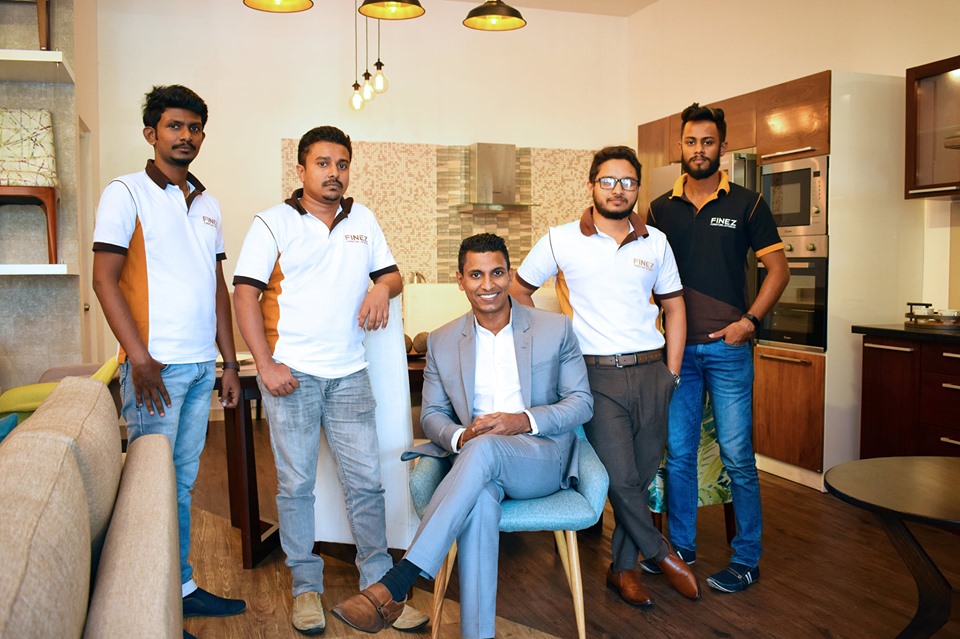“Furniture may be a status symbol for some, but we are in the business of designing functional furniture that speaks of comfort, which is pleasant on the eye yet with a serious focus on ergonomics.”
— Dhanushka Fernando, Director of Finez Furniture & Interior
As an island nation, Sri Lanka is facing more than its fair share of challenges with many businesses not taking stock of current trends and changes when it comes to the economic, social and technological spheres.
More and more people are traveling abroad and the local millennial generation is holding top-level jobs in the corporate sphere while also moving up the ranks from an economic standpoint. Consider the alacrity with which financial institutions and banks are focusing on the disposable income potential of this generation. In one of my interviews with the legendary Murad Ismail back in 2016, he rightly predicted how living spaces will be more vertical with apartment living being a popular option. This coupled with a burgeoning millennial generation, brands would be prudent to focus stringently on the needs and requirements of this age group. Consider TRI-ZEN by the John Keells Group, which is not only focusing on the millennial-esque group but also on a healthy number of expats who will work and live in Sri Lanka in the foreseeable future.
This is where forward-thinking companies like Finez Furniture comes in. Headed by Dhanushka Fernando, who is part and parcel of the millennial generation itself, offers a progressive evolution of his brand with a great many innovations being lovingly petted and planned.
Dhanushka is convinced that there is a space even in the furniture market for the typical iPhone-wielding millennial. The tastes and desires of a young 30-year old is far different from that of a Babyboomer, and this is something that he has smartly identified.
Remember how I mentioned innovations in an earlier paragraph? Finez Furniture is focused on embracing an absolute first by utilizing virtual technology and having a future-ready online store soon. Smart indeed. With time becoming a limited resource and people showing reluctance to visit brick-and-mortar establishments while food, clothes and other products plus services being accessible via a spate of apps, an online furniture store sounds very appealing indeed. Finez Furniture has its current concept store in Pepiliyana, which lends the whole philosophical vision of its founder a degree of credibility.
What do I mean by this? Refer his quote at the beginning in a larger italicized font where Dhanushka speaks of functionality over luxury and where ergonomics and simplicity is a long-lasting trend worth embracing. Mahogany is mahogany and timber is timber yet it is what you do with it that counts. With a nod towards the retail market and also a hand in project-based initiatives like supplying apartment complexes, Finez Furniture has set itself apart by investing in its design capabilities. The well-crafted Instagram images padding the company’s social media accounts are real and could be experienced at its concept store.
Expect the store’s design consultants to understand your personality and requirements before beginning the task of arduously conceptualizing furniture that is right for you. But how does the philosophy of Finez Furniture push the envelope? By designing furniture for human behavior is the short and sweet answer. Thus aesthetics (add functionality and ergonomics to this) are of extreme importance. Fabric suppliers are from exotic destinations like Belgium while India offers modish palettes of fabric too. The proof is in the pudding and a 5-year comprehensive warranty on all furniture products increases the benchmark on that aspect of credibility.
Believing in social capital is also a progressive tenet that Dhanushka espouses where he opines that helping and investing in his staff — which at the time of this article being published stands at a number of 35 — is integral to the sustainability of the business. Providing education, leadership and imparting an individual desire to do better is what his staff are grounded on.
In conclusion, I’d like to mention Prof. Uditha Liyanage who referred a few years ago to the mod-tradi consumer who is susceptible to both modern and traditional forces, which have manifested in consumption behaviour; an example of this would be the purchase of a brand new vehicle while making a trip to a respective place of worship to bless the said vehicle. However, these nuances — I personally feel — are transitioning into more global trends; the main reason for this is Lankans are widely accepting what’s global in place of what’s local. And it is the acceptance of THIS insight that is important for businesses that are focused on a new generation, which is unlike what we have seen before in the past.
Text: Rohitha Perera
Photography: Sampath Munaweera

